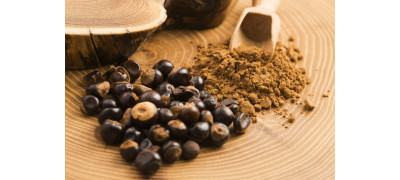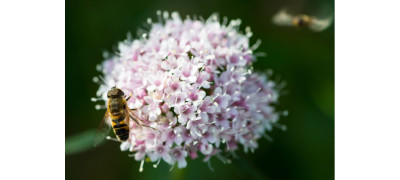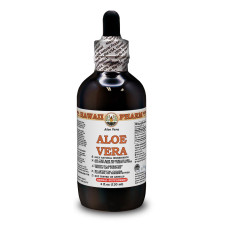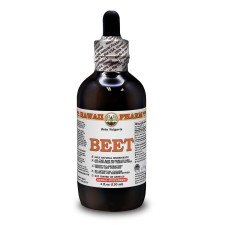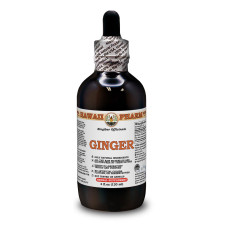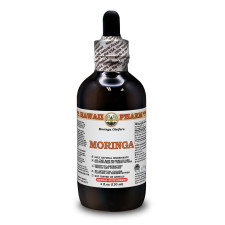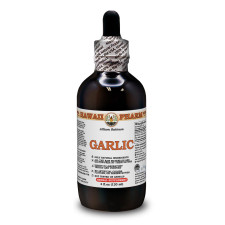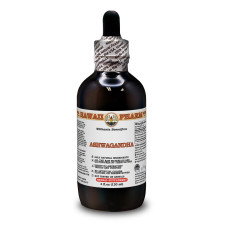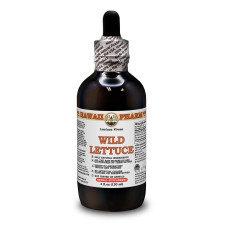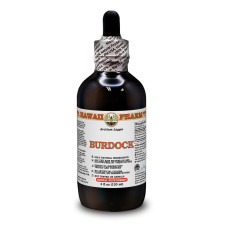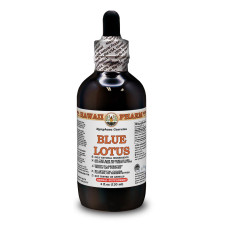- Home
- Alcohol Herbal Extracts
- Alcohol-FREE Herbal Extracts
- Veterinary Herbal Extracts
- Partnership
Partnership
We are open for cooperation with all interested persons or organizations. We have plenty of partners from all around the world and are looking for a long-term cooperation with new ones. At the present time we offer the following cooperation models:

WHOLESALER
We offer up to 30% discounts for wholesalers. The exact discount amount is dependent on your order amount, quantity and size of items. Minimum order amount is $300.

PRACTITIONER
Only for licensed practitioners! Create an account as practitioner and get special exclusive promotions. This kind of account is required manual approve.

AFFILIATE PROGRAM
Do you recommend us to your friends, family, colleagues and/or clients? If so: Thanks! We really appreciate it! Join our affiliate program. It’s by far the best way to monetize your Twitter or Facebook page, blog, or website.
- Blog
- Contact Us
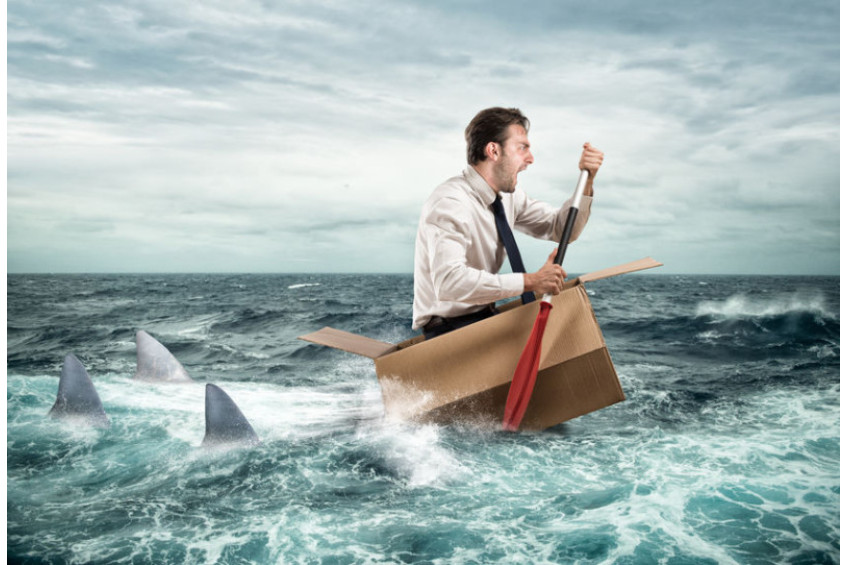
STRESS IS EVERYWHERE. BEFRIEND WITH YOUR BODY
Stress is a special body reaction to stimulants or danger, during which about 1400 psycho-physiological changes occur. For example, the blood level of adrenaline increases, blood pressure rises, blood vessels dilate, brain and muscle activity increases, the feeling of hunger is suppressed, etc.
The cause of stress is not external circumstances, but the inner psychological space of a person. The same circumstances can be regarded by a person both in a negative and positive ways.
There are 3 STAGES OF STRESS development:
1. Anxiety.
Breathing becomes faster, the blood pressure rises slightly, the pulse speeds up, irritability and anxiety appear, all attention is focused on the stimulus, and personal control over the situation is increased.
2. Resistance.
It comes when the factor that caused the stress continues acting. In this case, the body is protected from stress, using a reserve of forces, with a maximum load on the body.
3. Exhaustion.
If the stimulus continues acting, then there is a decrease of the body's ability to withstand stress, as the reserves of the person are depleted. Immunity decreases. Stress "captures" a person and can lead to illness. If the action of the annoying factor continues, the person forms an assessment of the situation as dangerous. Awareness of the threat and the presence of negative emotions push the person to overcome the negative impact and he begins to deal with stress factors. If the situation does not improve, and the forces end, neurosis and other diseases may occur.
SIGNS OF STRESS:
- gastrointestinal disorders
- dizziness
- poor concentration
- back pain
- feeling of anxiety and fear for no apparent reason
- difficulty in deciding
- insomnia
- bad appetite or, on the contrary, gluttony
- feeling of helplessness and hopelessness
- nervous tic
- constant fatigue
- indifference to your own appearance
- sexual disorders
- inattention to yourself
- lack of time
- cigarettes and alcohol abuse
- dissatisfaction with yourself
- blood pressure jumps
- increased irritability
- headaches
STRATEGIES FOR OVERCOMING STRESS
Stress management is a combination of methods, techniques and exercises that allow a person to protect themselves from the negative effects of stress or reduce this effect to a minimum. The management process itself can be presented in three dimensions:
- Before the appearance of stress (prevention of the stress)
- In acute stressful situations (performance of self-help methods)
- After the appearance of stress (active resistance to stress)
SELF-REGULATION IN STRESS SITUATIONS (PREVENTION)
There is a method that is based on one's own imagination. This is a process of work with negative emotions by visualization. There are several types of visualization, you choose what you need, what is easiest to imagine.
1. Imagine yourself in a mirror case. The person standing in front of you sees himself, all his thoughts and words are reflected to him. You remain inviolable.
2. Imagine yourself between the person you are talking to and a waterfall. Play the sound of water, feel the spray.
3. Imagine yourself in a place where you feel good - the sea, sauna, football field, parents' house, restaurant, etc.
FIRST SELF-CARE IN A STRESSFUL SITUATION
If you have faced a stressful situation, then the tension can be removed as follows:
THE FIRST AND MOST IMPORTANT RULE IN A STRESSFUL SITUATION IS NOT MAKING RESPONSIBLE DECISIONS.
- Get alone.
- Count to 10 slowly.
- Concentrate on breathing. Inhale slowly through your nose, hold your breath for a while and slowly exhale the air through your nose as well and feel how your shoulders relax and fall.
- Moisten the forehead, temples and wrists with cold water.
- Look slowly around, turning your sight from one object to another, describe their appearance.
- (Do the house cleaning, rearrangement of furniture).
- Look out the window at the sky. Focus on what you see, remember when you last looked at the sky.
- Drink cool water.
- Exercise: put your legs shoulder-width apart and bend over, relaxing your neck and shoulders so that your head and arms hang relaxed (1-2 minutes). Return slowly to the basic position.
ANALYSIS OF AN INDIVIDUAL STRESS MAP:
Stress is a personal and often situational phenomenon. Changes (positive or negative) can trigger a stress state.
1. Determine what causes stress in your life and be creative in solving a problem. Make a list of stressors, it will create a sense of control and help to manage the situation and give you confidence.
2. Rank stressors from strongest to weak.
3. Plan concrete and real actions to overcome stress.
MOBILIZATION OF THE BODY’S PHYSIOLOGICAL ABILITIES TO COUNTERACT STRESS:
1. Drinking more water (8 glasses a day and more)
2. Food (grapefruits, sea fish, black chocolate)
3. Breathing
4. Exercise
MENTAL SELF-REGULATION
Relaxation reduces body tension, relaxes, relieves excitation. Relaxation is especially useful in the fight against stress. Relaxation helps to overcome depression, eliminate insomnia, headaches and back pain, normalize blood pressure, reduce the risk of heart disease.
Autotrening is a method of mental self-regulation, which is based on the self-suggestion of feelings of heat, severity, ease and others of various organs and body parts.
Meditation (lat. Meditatio - reflections) is a method of mental self-regulation, which is characterized by a state of self-immersion. The goal is to achieve a sense of inner peace, harmony, and clarity of mind.
*This article is for informational purposes only. We suggest consulting a specialist before using these or any other herbal supplements.
GUARANA
Guarana, or Paullinia cupana, is a beautiful evergreen climbing shrub in the Sapindaceae family. Its branches can reach up to 12 m in length. The oval leaves have serrated margins. The bright red flow..
THE ROLE OF HOPS
Hops is a tall, climbing perennial. The green stems are pencil-thick and covered in six rows of climbing barbs. They do not turn woody and can be trained to grow up raised wire runners to more than 9 ..
VALERIAN
Valeriana, or Valeriana officinal, belongs to the family Valerianaceae. It is known as a perennial plant that grows in Europe, North America and Asia although its motherland is known to be England. Yo..
Get exclusive deals you will not find anywhere else straight to your inbox!
Subscribe / UnsubscribeCookies policy
 We use cookies and similar technologies that are necessary to operate the website.
You can consent to our use of cookies by clicking "Accept..."
We use cookies and similar technologies that are necessary to operate the website.
You can consent to our use of cookies by clicking "Accept..."
Get exclusive deals you will not find anywhere else straight to your inbox!
Subscribe / UnsubscribeWe meticulously produce our extracts according to precise standards where each herb is extracted according to the distinct characteristic of each plant! Hawaii Pharm LLC offers the biggest choice of liquid herbal extracts in the World!

Hawaii Pharm LLC - Nature Heals. Highest Quality Herbal Products Since 2008.



